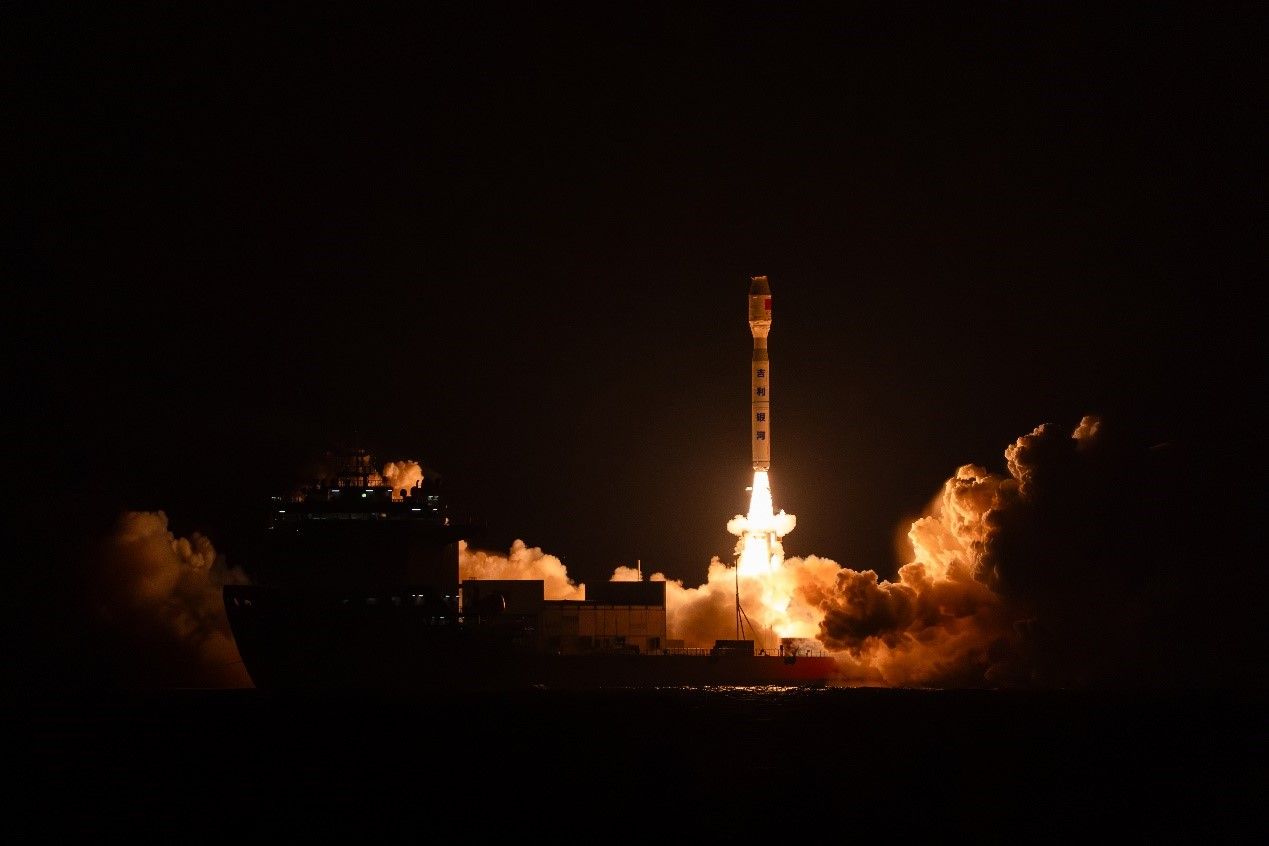Automaker Geely Launched Its Own Satellites Into Space, Highlighting China’s Ambitions

Automaker Geely Launched Its Own Satellites Into Space, Highlighting China’s Ambitions
Recently, Chinese automaker Geely made headlines by launching its own satellites into space, marking a significant step in China’s ambitions for space exploration and technology development.
The satellites, named Tianqi-12 and Tianqi-13, were launched into low Earth orbit by a Long March 6 rocket from the Taiyuan Satellite Launch Center in northern China.
Geely’s entry into the space industry reflects the growing trend of non-traditional companies joining the space race, with companies like SpaceX and Amazon’s Blue Origin leading the way.
The satellites will be used to provide communication services for Geely’s autonomous vehicles, highlighting the company’s commitment to innovation and technology integration.
This move also underscores China’s broader ambitions in space exploration, as the country aims to become a major player in the global space economy.
By launching its own satellites, Geely is positioning itself as a key player in the emerging space industry, expanding its reach beyond the automotive sector.
The successful launch of the satellites demonstrates China’s expertise in space technology and its ability to compete on a global scale.
As China continues to invest heavily in space exploration, partnerships between government agencies and private companies like Geely will likely become more common in the future.
The launch of Geely’s satellites is a significant milestone for both the company and China’s space program, showcasing the country’s advancements in space technology.
Overall, Geely’s foray into space highlights the increasingly diverse and competitive landscape of the global space industry, with China firmly establishing itself as a key player in this dynamic market.




